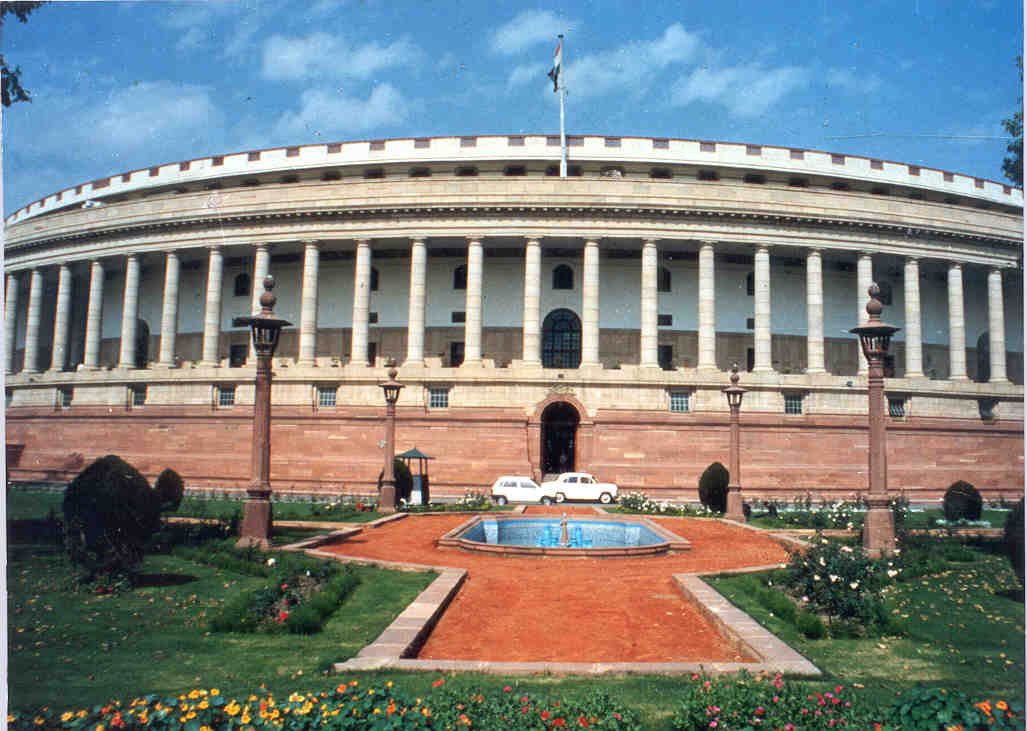
USCIRF says if the bill clears parliament, the United States “should consider sanctions against” Amit Shah and “other principal leadership.”
India’s new Citizenship (Amendment) Bill, passed by its Lok Sabha, the lower house of parliament, in the wee hours of Tuesday, has come in for sharp criticism from US media, and civil rights and religious freedom activists.
The discriminatory bill, if it becomes law, would allow members of Hindu, Sikh, Buddhist, Jain, Parsi and Christian communities, who move to India from Afghanistan, Bangladesh and Pakistan facing persecution there, opportunity to become Indian citizens after six years of residency. It excludes Muslims.
The right wing Bharatiya Janata Party government has defended its move to exclude Muslims from these countries on the grounds that the three are Muslim countries and Hindus faced persecution there. However, it failed to be inclusive when it came to more than 62,000 Tamil refugees from neighboring Sri Lanka, who were left out of its ambit, though they are Hindus or Christians.
“India moved a step closer on Tuesday to making it easier to imprison and deport some members of its 200-million strong Muslim minority, in a significant challenge to the country’s secular constitution,” wrote the Time magazine.
The bill now moves to the Rajya Sabha, the upper house of parliament.
The U.S. Commission on International Religious Freedom (USCIRF), an independent, bipartisan federal government entity that monitors threats to religious freedom abroad, was one of the first groups to criticize the bill.
“The CAB enshrines a pathway to citizenship for immigrants that specifically excludes Muslims, setting a legal criterion for citizenship based on religion,” USCIRF said in a press release. “The CAB is a dangerous turn in the wrong direction; it runs counter to India’s rich history of secular pluralism and the Indian Constitution, which guarantees equality before the law regardless of faith. In conjunction with the ongoing National Register of Citizens (NRC) process in Assam and nationwide NRC that the Home Minister seeks to propose, USCIRF fears that the Indian government is creating a religious test for Indian citizenship that would strip citizenship from millions of Muslims.”
The organization said if the bill clears both the houses of the Indian parliament, “the United States government should consider sanctions against the Home Minister and other principal leadership.”
USCIRF, created by US Congress, makes foreign policy recommendations to the president, the Secretary of State and Congress.
India’s Home Minister Amit Shah is said to be one of the main architects behind the bill.
Among critical voices were several Indian American academics. Ashutosh Varshney, professor of political science and director of the Center for Contemporary South Asia at Brown University, tweeted: “If India’s govt wishes to give shelter to the ‘persecuted minorities’ of the region, it should open India’s doors to Sri Lanka’s Tamils, Myanmar’s Rohingya and Pakistan’s Ahmediyas, too. Otherwise, the unconstitutional anti-Muslim core of the bill is beyond doubt.”
Alyssa Ayres, a former US diplomat and analyst at the Council on Foreign Relations, described the bill as a major step toward the official marginalization of Muslims. “Would long-suffering Ahmedis from Pakistan qualify as refugees under this bill? If not, why not? Their persecution is widely documented and Qadian is in India,” she tweeted.
Simran Jeet Singh, a Sikh activist, tweeted: “First the US enacted a Muslim ban. Now India is about to do the same. The world’s superpowers are normalizing anti-Muslim hate. This is systemic violence — and hate hurts us all.” He was referring to US President Donald Trump’s ban imposed on travelers from predominantly Muslim countries.



